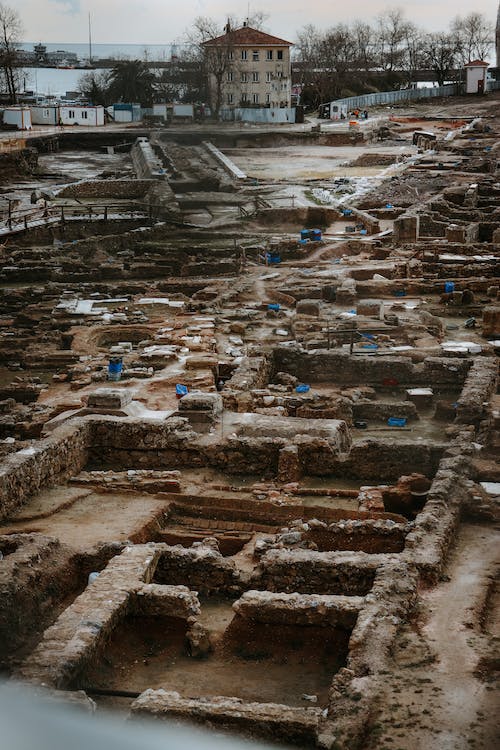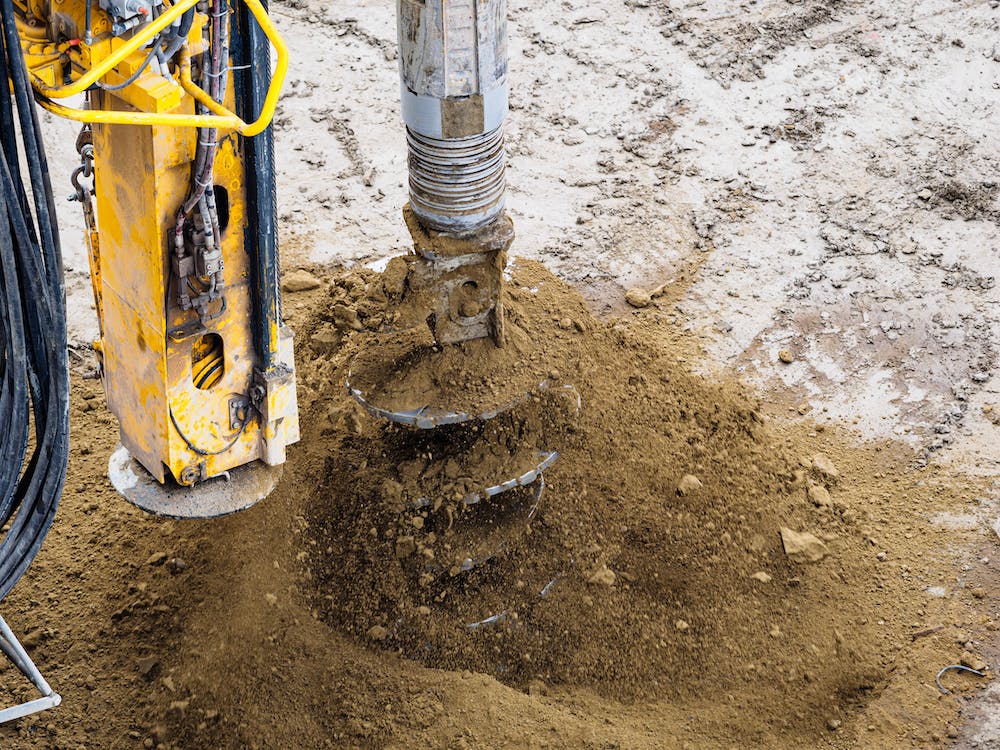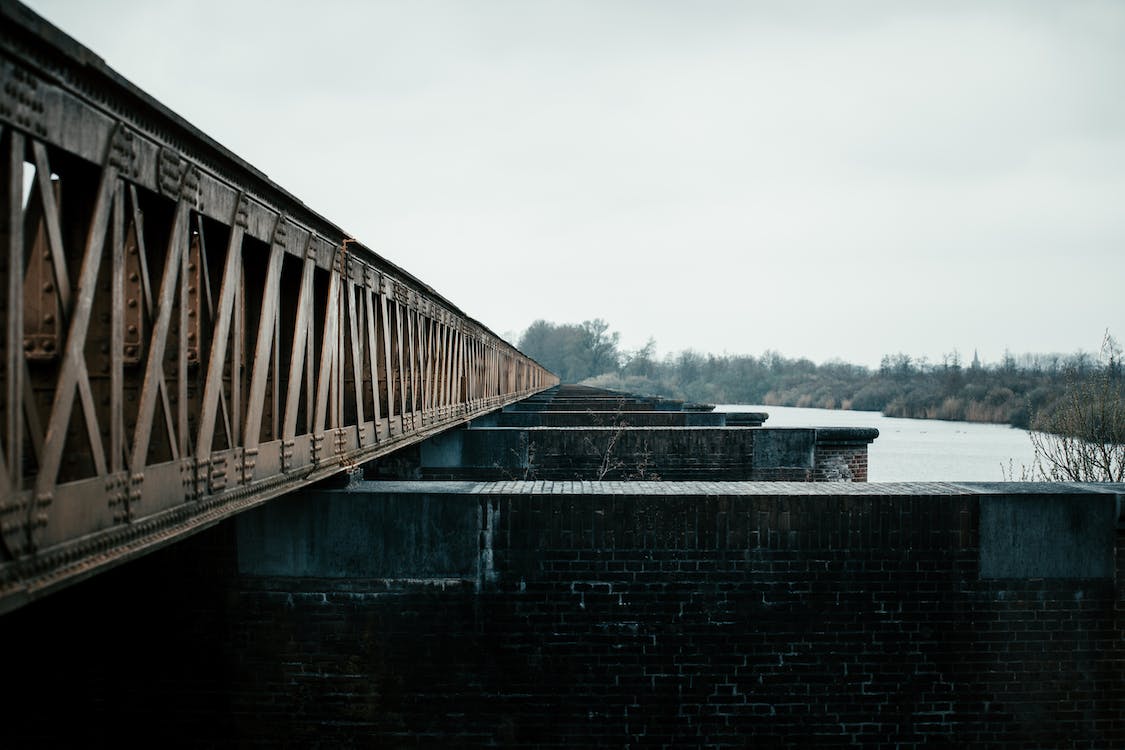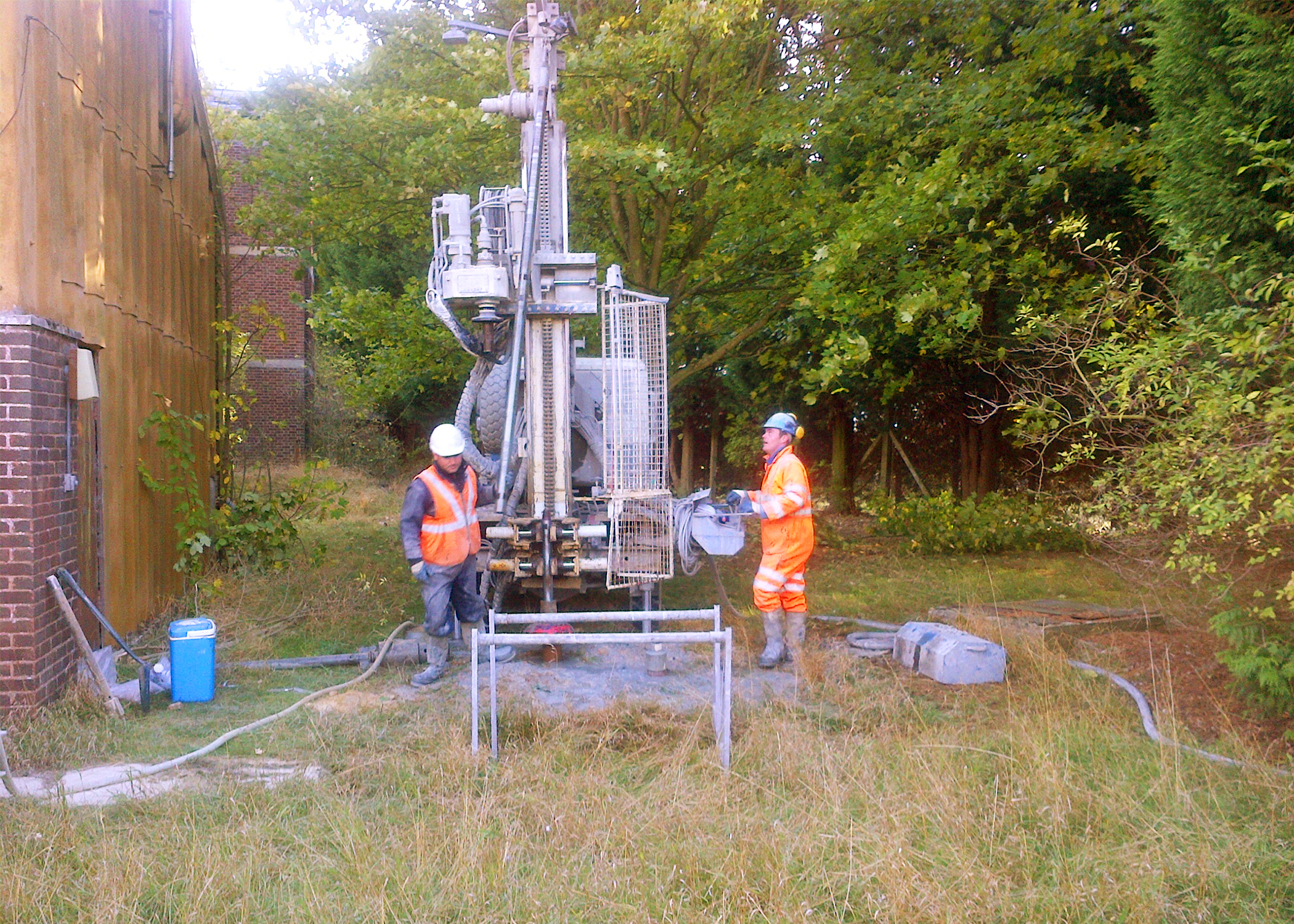Geotechnical Engineering
Our Geotechnical Engineers and Engineering Geologists have extensive experience of working on site investigation projects nationwide.
The range of geotechnical engineering services that JOMAS offer include:
- Ground Investigation: Trial Pitting and/ or Boreholes to assess ground conditions
Other field tests including Plate Bearing Tests, CBR Testing
Permeability tests including BRE 365 Soakage Testing, Falling & Rising Head Tests
Ground Water Monitoring
Foundation Design – Traditional Foundations, Piled Foundations
Slope Stability Assessments; Retaining Wall Design
Ground Movement Assessments and Modelling
We Find Solutions
Preparation and Brief/Concept Design (RIBA 1 – 2)
Review and optioneering analysis for foundation options at an early stage in the design process, enabling design teams to progress with a viable scheme (plus alternatives) from the off
The above includes a review of foundation performance from ULS & SLS perspectives, with the overarching scheme intent in mind – taking cognisance of any key design drivers such as adjacent third-party assets etc
Detailed assessment of more complex soil-structure interaction problems – This may include deep earth retention/basements, raft foundations and hybrid piled raft foundations. This can also include piled raft foundation systems whereby the piles are not designed to EC7 with a FoS, instead, they are designed to serve the sole function of enhanced raft serviceability performance (commonly reduction of absolute and differential deflections).
For raft foundation systems we can undertake analyses which demonstrate the viability of such a foundation system, which is typically governed by SLS performance.
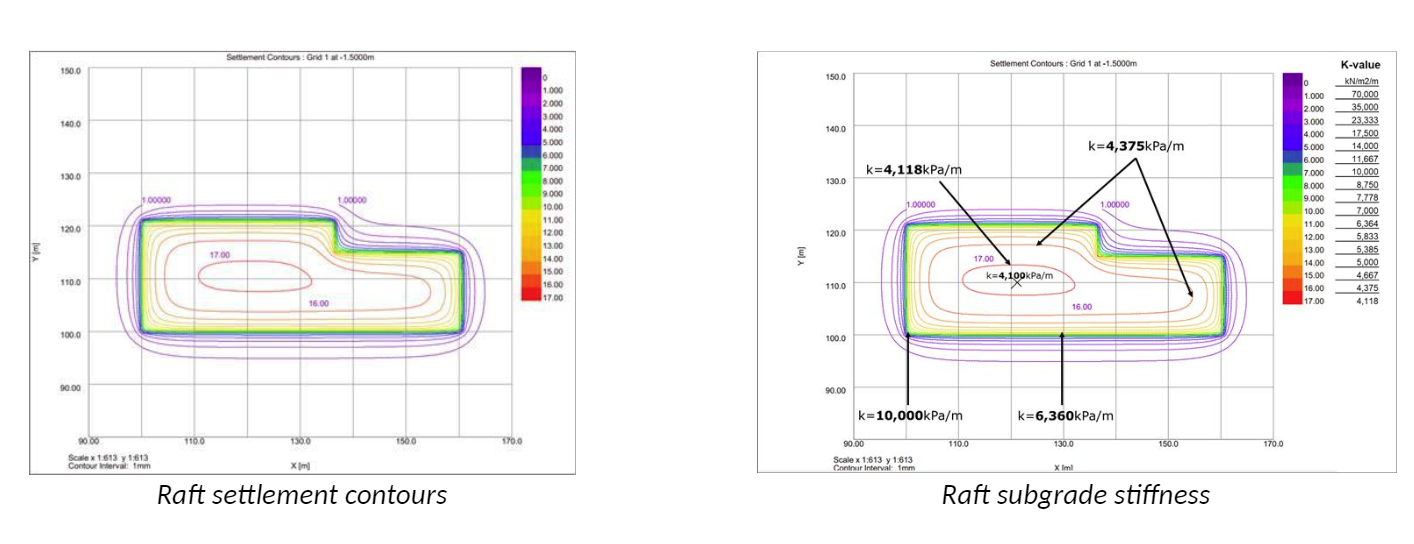
We undertake Ground Movement Assessments for a range of assets, including;
Buildings/party walls (including the impact of basement excavation and tunnelling works).
Utilities (including Thames Water and gas mains etc.).
Underground infrastructure (including post-office/Crossrail/LUL/Network Rail tunnels).
Highways/roads.

The requirement for three-dimensional flow analysis and hydrogeological impact assessment is becoming increasingly common as part of the BIA process. We also had requests for such analyses from party wall engineers and Historic England for sites where any proposed below ground elements have an impact on the existing groundwater flow regime. These are also now explicitly referenced in Camden CPG4 and scheme planning conditions.
We often find that, particularly in congested urban settings, these assessments can become critical design drivers at an early stage of project development which are intrinsic to the overall scheme sub and superstructure design.
Developed Design / Technical Design (RIBA 3 – 4) - Geotechnical Design
We provide a range of contractor design support services including:
Value engineering and contractor-led design development.
Detailed design of permanent ground engineering works, including piled foundations, embedded retaining walls and slope stability/retention systems.
Detailed design of temporary works including working platforms for cranes and piling plant, tower crane foundation design, temporary earth retention systems and pile testing systems/reaction piles.
Review of the implications of changes in construction sequence at the detailed design stage (impact with regard to discharged planning consents and third-party asset agreements).
We also offer advanced foundation design analysis at the detailed design end of projects.
This can involve the development of 2D/3D soil-structure interaction models for the purpose of reviewing data such as pile foundation springs and subgrade reaction (for ground bearing foundation elements) for implementation in structural frame design models (SCIA/Robot etc.).
Where required, we can also provide design actions for foundation elements such as rafts and piles, directly from our models – subject to prior agreement from the structural design team/engineer.

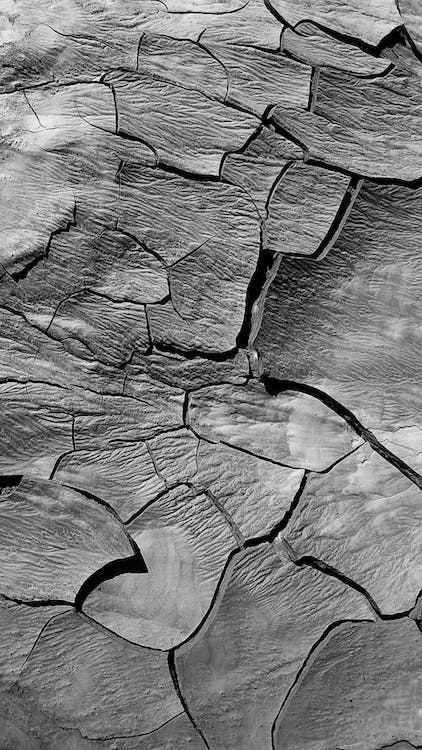
Geotechnical Engineering - Ground Movement
